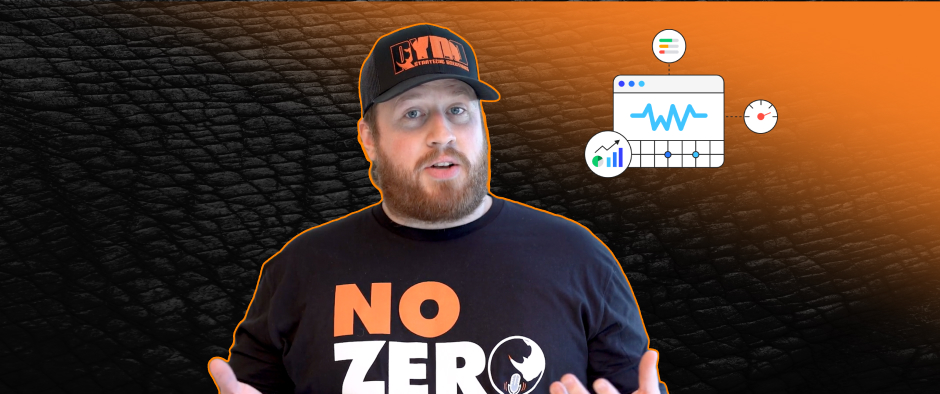What are core web vitals, and how do they affect your website and overall ranking? The core web vitals of a site can be broken down into three categories: LCP, FID, and CLS. If your website proves healthy for all three of these factors, your site will not only improve in user experience but also in rank by Google’s standards.
Just what are these three core web vitals, and what do they do? We’re going to cover all three of these major pieces as well as what RYNO Strategic Solutions does differently to support its clients with their web vitals.
LCP (Largest Content Paint)
The largest content paint, or LCP, is basically what it sounds like. It is the largest content painted onto your website that can affect user experience.
If there are loading issues with this content, it slows down the user experience. This is particularly notable with mobile site use. The way RYNO Strategic Solutions resolves this is by using a CDN (or Content Delivery Network) known as Cloudflare that takes static assets like image files, Javascript, etc, and loads them into a network that caches them. This causes these assets to load faster the next time someone visits your website.
We also apply image compression, which shrinks them down in file size. Add in the use of a CDN, and you get a better experience for your website visitors.
FID (First Input Delay)
The FID, or First Input Delay, measures the amount of time from when a user first interacts with your site to the time when the browser responds to the interaction.
This is relevant if you have a contact form, a dropdown menu, or a search field – above the fold typically. These items will load quicker with a CDN like Cloudflare. With RYNO, you wouldn’t have to worry about load times and input times with something like a contact form. If you’re still web developing independently, this is a core web vital you may want to look into.
CLS (Cumulative Layout Shift)
The cumulative layout shift is the process of loading that determines whether your content is loading into view or if it’s loading and shifting as you scroll.
Shifting as it loads proves to be a bad user experience, especially for those on mobile devices. You’ve probably had an experience where you were loading through a site, went to click on something, and it shifted right as you were about to do it. This could result in checking out in your cart prematurely or going to a page you didn’t want to etc. This is something we always address when we build websites for clients at RYNO.
Does Your Website Need a Check-up?
Checking your website’s core vitals can not only help to improve your website’s loading times and user experience but also help your website rank higher overall. Google sees websites with healthy core vitals as more useful to the user, which is why it’s so important to have all your bases covered for both desktop and mobile users.
If you own a business in the home services field and you’re looking to improve your online presence, boost rank, rebrand, get in touch with more customers, and provide better content for your users, get in touch with RYNO Strategic Solutions today!
